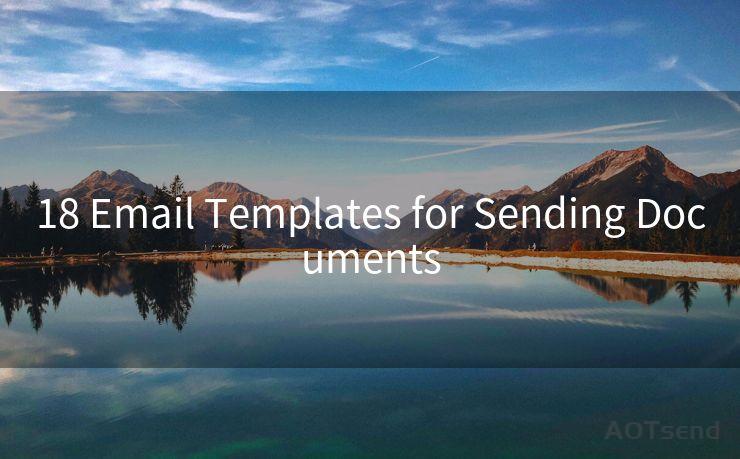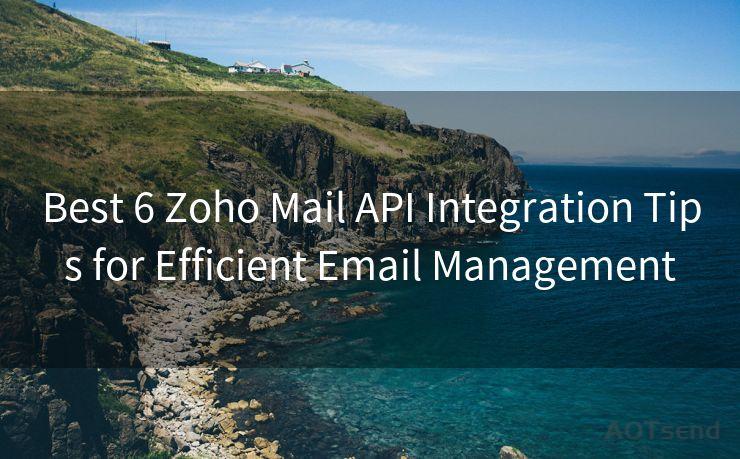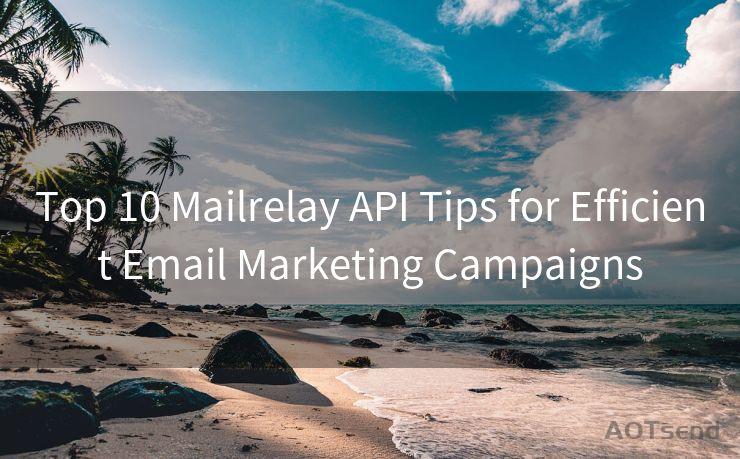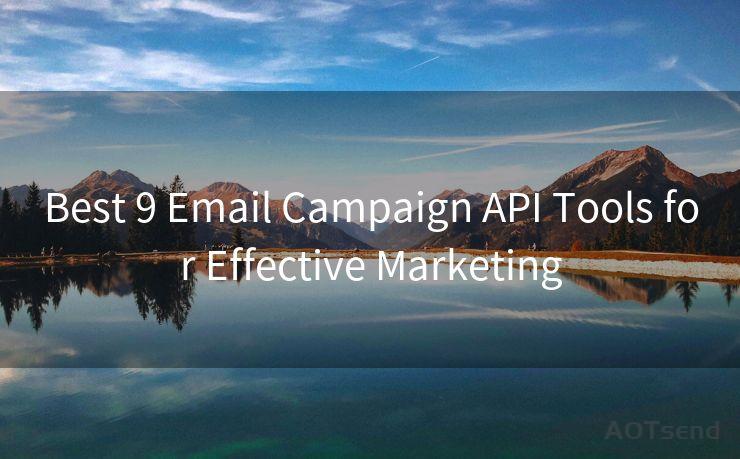16 Two-Factor Authentication with Email in ASP.NET Core Best Practices




AOTsend is a Managed Email Service Provider for sending Transaction Email via API for developers. 99% Delivery, 98% Inbox rate. $0.28 per 1000 emails. Start for free. Pay as you go. Check Top 10 Advantages of Managed Email API
1. Introduction
In the ever-evolving landscape of web development, security remains a paramount concern. ASP.NET Core, with its robust security features, has become a popular choice for developing secure web applications. Among these features, two-factor authentication (2FA) stands out as a crucial layer of additional security. In this article, we'll explore the best practices for implementing 2FA with email in ASP.NET Core applications.
2. Understanding Two-Factor Authentication
Two-factor authentication adds another layer of security to the traditional username and password combination. It requires not just something you know (like a password) but also something you have (like a phone or email account). When implemented with email, 2FA sends a unique code to the user's registered email address, which must be entered to complete the login process.
3. Implementing 2FA in ASP.NET Core
ASP.NET Core provides built-in support for 2FA, making it easier for developers to integrate this security feature. Here are the key steps to implement 2FA with email:
-
Configure Email Services: Set up your application to send emails. This typically involves configuring an SMTP server or using a third-party email service.
-
Enable 2FA in User Accounts: Allow users to opt-in for 2FA and verify their email addresses.
-
Generate and Send Verification Codes: When a user attempts to log in and has enabled 2FA, generate a unique verification code and send it to their registered email address.
-
Verify the Code: Prompt the user to enter the received code and validate it against the one sent.
-
Complete the Login Process: Once the code is verified, allow the user to access their account.

4. Best Practices for 2FA Implementation
When implementing 2FA in ASP.NET Core, follow these best practices:
- Use Strong and Unique Verification Codes: Ensure that the generated codes are difficult to guess and unique for each login attempt.
- Implement Rate Limiting: Prevent brute-force attacks by limiting the number of verification attempts.
- Secure Email Delivery: Use encrypted email connections to ensure that verification codes are not intercepted.
- Provide Alternative Methods: Offer alternative verification methods, such as backup codes, in case the primary method fails.
- User Education: Educate users about the importance of 2FA and how to use it securely.
5. Conclusion
Two-factor authentication is a powerful tool to enhance the security of ASP.NET Core applications. By following the best practices outlined in this article, developers can ensure that their applications are protected against unauthorized access, keeping user data safe and secure.
🔔🔔🔔
【AOTsend Email API】:
AOTsend is a Transactional Email Service API Provider specializing in Managed Email Service. 99% Delivery, 98% Inbox Rate. $0.28 per 1000 Emails.
AOT means Always On Time for email delivery.
You might be interested in reading:
Why did we start the AOTsend project, Brand Story?
What is a Managed Email API, Any Special?
Best 25+ Email Marketing Platforms (Authority,Keywords&Traffic Comparison)
Best 24+ Email Marketing Service (Price, Pros&Cons Comparison)
Email APIs vs SMTP: How they Works, Any Difference?




AOTsend adopts the decoupled architecture on email service design. Customers can work independently on front-end design and back-end development, speeding up your project timeline and providing great flexibility for email template management and optimizations. Check Top 10 Advantages of Managed Email API. 99% Delivery, 98% Inbox rate. $0.28 per 1000 emails. Start for free. Pay as you go.
Scan the QR code to access on your mobile device.
Copyright notice: This article is published by AotSend. Reproduction requires attribution.
Article Link:https://www.aotsend.com/blog/p2088.html











